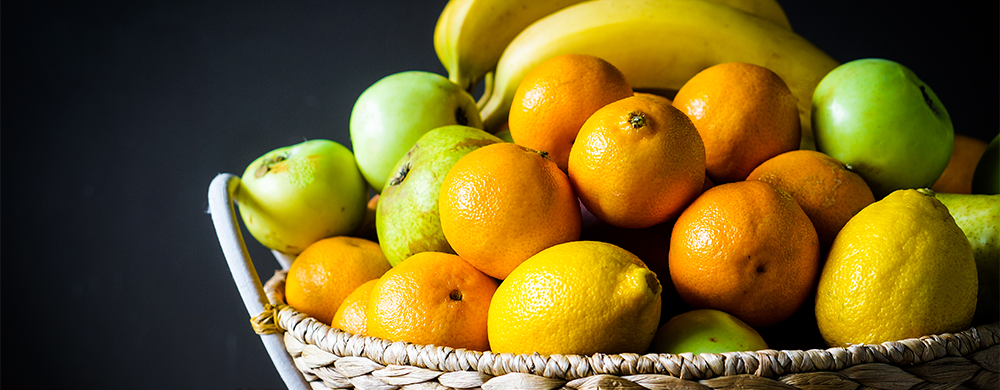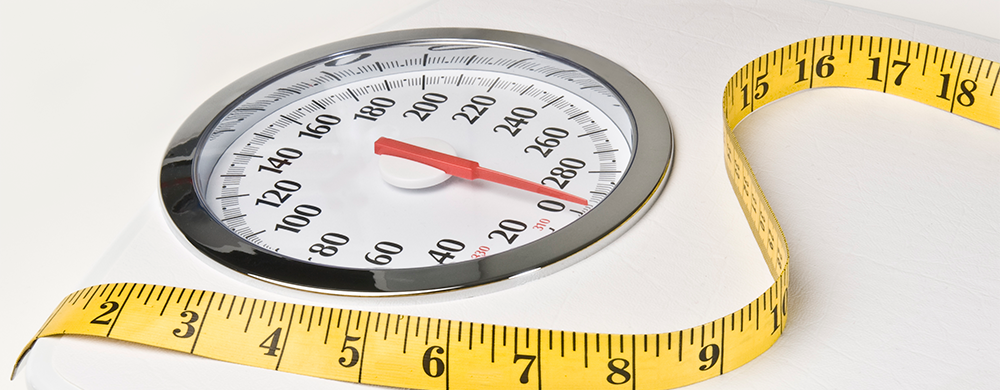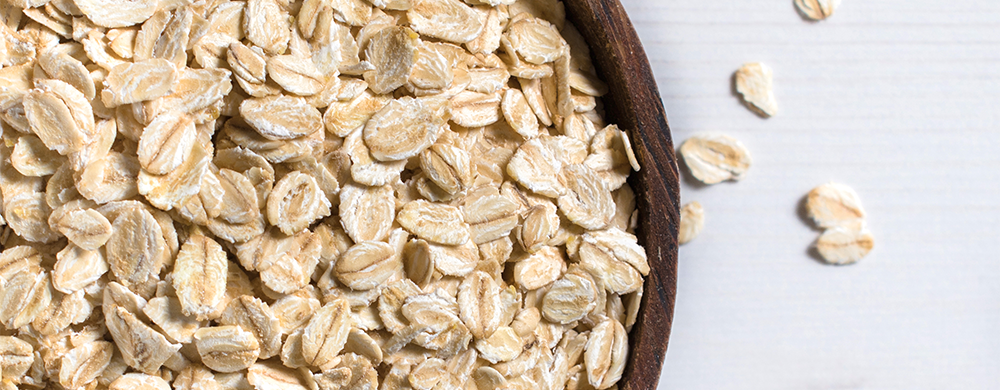Let's be honest, it's easy to overindulge in the festive season. With so many people staying in a lot more over 2020, it's perhaps been easier than previously to reach for the snacks.
However, with the new year comes new intentions. If you are planning to eat more healthily in 2021 then here are a few suggestions to help you.
-
Eat a plant-based diet
This means that at least three-quarters of your food should be from vegetables, fruits, wholegrains, pulses, nuts and seeds. It doesn’t mean you need to cut out meat, eggs or dairy, just reduce the amount you eat. -

-
Eat at least five portions of a variety of vegetables and fruit a day
A portion is 80g, which is roughly the size of one apple, orange or banana; two smaller fruits such as satsumas and plums; a handful of berries or grapes; or 3 tablespoons of peas, sweetcorn or stewed fruit. You can use fresh, frozen, tinned, dried or juiced vegetables and fruits, but limit juices to 150ml a day. -
Swap snacks for healthier alternatives
Use fresh fruit, vegetable sticks or a small handful of unsalted nuts and seeds as snacks between meals instead of sugary sweets and chocolate bars. Try plain popcorn instead of regular crisps. -

-
Keep hydrated
Water makes up over half of our bodies, but we lose water through urine and sweat and need to replace it in the food we eat and drink so that we don’t become dehydrated. Around a fifth of the fluid comes from our food and we need to drink the rest. Aim to drink 6-8 glasses of fluid a day, which can be made up of water, herbal or fruit teas, tea or coffee in moderation, semi-skimmed or skimmed milk, fruit and vegetable juices. Be aware of the amount of sugar you add to tea and coffee or that is in sweetened fizzy drinks. Fruit juice also contains sugar and milk can contain saturated fat. -
Steam or stir-fry vegetables
Vegetables are a good source of some vitamins and minerals, but different cooking methods can damage some nutrients, or they can leak out into cooking water. Use steaming or stir-frying to maximise the nutrient content where possible or use the cooking water from boiled vegetables in sauces, soups, stews or casseroles. -
Use herbs and spices to flavour food instead of using salt
We recommend a maximum of 6g of salt a day, which is about a teaspoonful from all your food combined. -

-
Aim to maintain a healthy weight
If the measurement of your waist is larger than your hips, then you may benefit from losing weight. Being overweight or obese makes you more at risk of developing diseases such as type 2 diabetes, hypertension and heart disease. -
Eat lean meat and fish
Aim for two portions of fish a week, one of which should be an oily fish (salmon, mackerel, sardines or fresh tuna not tinned). Choose lean meat, such as chicken and turkey, reduce red meat consumption and limit processed meats, such as bacon and ham. -
Use beans, pulses and mushrooms to bulk out meat dishes
You can reduce the amount of meat in recipes and make the weight up with pulses, such as lentils, or chopped mushrooms to reduce the fat content and also save money. -

-
Start the day with a healthy breakfast
Oat-based unsweetened muesli or porridge made with water, skimmed or semi-skimmed milk is a good way to start the day. Oats contain soluble fibre that can reduce cholesterol when consumed regularly (around a cup of wholegrain oats a day). -
Eat seasonal vegetables
January is the season for beetroot, Brussels sprouts, cauliflower, celeriac, celery, Jerusalem artichokes, kale, kohlrabi, leeks, parsnips, shallots, swede, and turnips. Use root vegetables in soups, stews and casseroles or roast them in a little olive oil. Stir-fry Brussels sprouts and cauliflower to keep them firm and to avoid vitamins leaking into the cooking water. Eating seasonally means vegetables aren’t stored for as long, decreases food miles and they are generally cheaper.
The number of overweight or obese people is growing at an alarming rate in the UK. Obesity is a risk factor for developing several diseases, such as type 2 diabetes, hypertension (high blood pressure), heart diseases, some cancers and has recently been shown to increase the risk of dying from COVID 19. Some communities are more at risk than others, such as those from African-Caribbean or South Asian backgrounds.
There is a real need for qualified nutrition professionals to help people reach a healthy weight and prevent them from developing these types of conditions to reduce the burden on the NHS. We also need more nutritionists from those communities that are at greater risk. The UCO’s new BSc (Hons) Nutrition with Professional Practice course will train students in evidence-based nutrition science and the skills to apply this knowledge to communicate the latest science and to change dietary behaviour in their clients.

